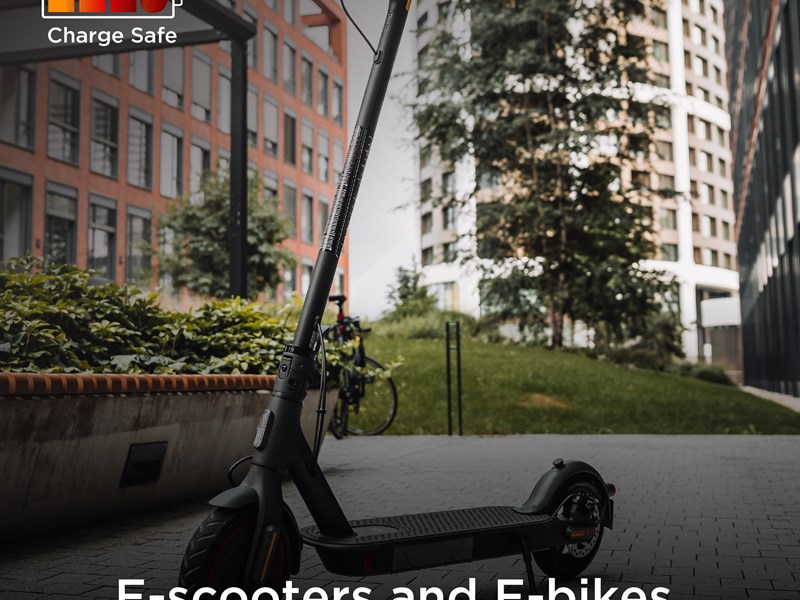House fire extinguished after e-bike battery ignites

We have extinguished a house fire in Stoke-on-Trent that was caused by an e-bike battery igniting while charging.
Fire crews were called to Oldfield Street, Fenton, at 10.45am on Saturday (26 April) following reports of a fire in the living room of a house.
Two appliances went to the scene and extinguished the fire using a hose reel jet.
One person suffered smoke inhalation was taken to hospital by colleagues from West Midlands Ambulance Service.
The fire was later deemed to have been caused accidentally, after a lithium-ion battery exploded while it was charging.
Watch Manager, Neil Gordon, who went to the scene, said: “Crews worked quickly to contain the fire and bring it under control.
“Fires involving lithium-ion batteries are incredibly dangerous and can spread rapidly in the home. Sadly, with the increasing number of electronic devices that are often found in the modern home, more people in Staffordshire are at risk of this happening to them.
“It’s absolutely vital that everyone understands the fire risks that lithium-ion batteries pose, and what you can do to make sure you keep yourself and your family safe.”
Lithium-ion batteries (sometimes called LIBs) are the lightweight, rechargeable batteries that power our phones, laptops, tablets, e-cigarettes and other electrical items, such as e-bikes and mobility scooters. They present a significant fire risk when over-charged, short-circuited, submerged in water or if they are damaged.
Here are a number of ways you can limit the changes of accidental fires involving these batteries:
- Never keep items charging overnight or for prolonged periods without supervision. These batteries are highly combustible and can spread rapidly to neighbouring rooms within the home.
- Ensure the batteries are stored in cool areas with nothing covering them
- Never use counterfeit chargers and attachments
- Always purchase goods from reputable manufacturers and validate any warranties.
- Ensure you dispose correctly of lithium-ion batteries when they have reached the end of their life.
For more specific advice, visit our website here
Published:

